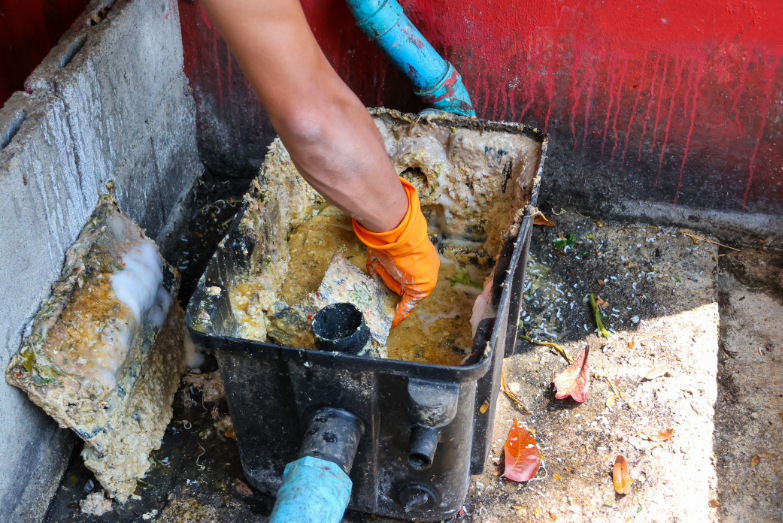Guide to Grease Trap Cleaning
For any commercial kitchen, hotel, or bar, maintaining cleanliness and efficiency is key to successful operations. A critical yet often overlooked component in this process is the grease trap. Managing waste, particularly fats, oils, and grease (commonly referred to as FOG), is essential to prevent plumbing disasters and ensure your kitchen meets health standards.
Let’s dive into what a grease trap is, why it’s necessary, and how regular cleaning benefits your business.
What is a Grease Trap?
A grease trap, also known simply as a grease interceptor, is a device designed to catch fats, oils, and grease from wastewater before they enter the sewage system. Typically installed beneath the kitchen or near the dishwashing area, it separates the grease from the water, allowing only clear water to flow through the plumbing system.
This not only helps in maintaining clean pipes but also prevents larger environmental issues caused by grease blockages.
How Does a Grease Trap Work?
The function of a grease trap is relatively straightforward. As wastewater enters the trap, it cools down, causing the grease and oils, which are lighter than water, to rise to the top. This layer of grease remains in the trap while the cleaner water exits and continues down the sewer line. Solids and heavier particles settle at the bottom of the trap, which should be regularly cleaned to maintain its efficiency.
The Importance of Regular Grease Trap Cleaning
Cleaning a grease trap is not just a regulatory requirement—it’s a crucial task that extends the life of your plumbing system and ensures your operations run smoothly.
Here are a few reasons why regular grease trap cleaning is vital:
- Prevents Clogs and Overflows: Regular cleaning helps avoid the buildup of FOG, which can lead to blockages and overflows, disrupting your business operations.
- Reduces Odors: A full or overflowing grease trap can cause unpleasant odors, which could deter customers and create an unsanitary kitchen environment.
- Ensures Compliance: Many localities have strict regulations about grease trap maintenance to prevent sewer overflows and pollution. Regular cleaning ensures compliance with these laws, avoiding fines and legal issues.
Grease Trap Cleaning Services
While it might seem feasible to handle grease trap cleaning internally, professional services ensure thorough maintenance and compliance with all regulatory standards. Professional cleaners can efficiently remove built-up grease, dispose of it properly, and clean the trap with tools and solutions that are effective and safe for your system.
Regular cleaning schedules can be set based on the size of your grease trap, the volume of your kitchen’s waste water, and local regulations.
Contact FCS, Inc. for Grease Trap Cleaning Services
Understanding and maintaining your grease trap is not just about following the rules—it’s about ensuring your commercial kitchen runs effectively and remains hygienic and safe.
Regular grease trap cleaning minimizes the risk of costly plumbing issues and keeps your operations smooth and sanitary. It’s an essential practice that should be a part of your kitchen’s routine maintenance checklist.
Contact FCS, Inc. for grease trap cleaning and maintenance services.

